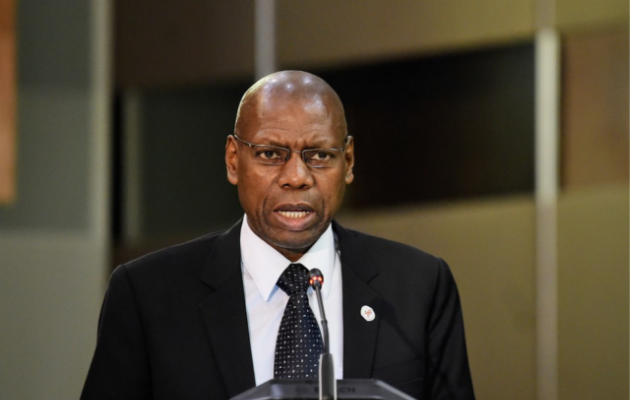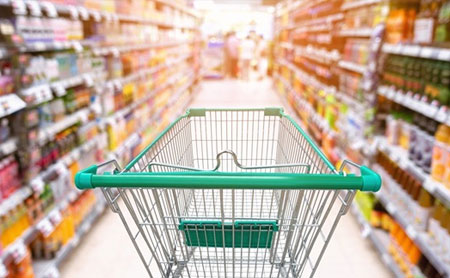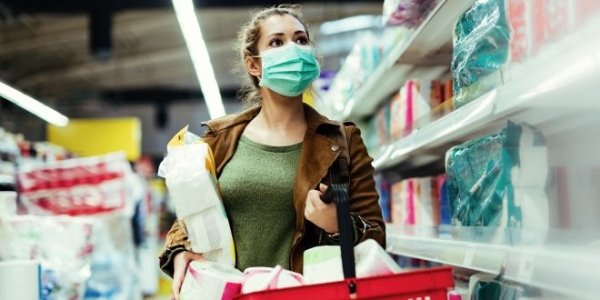South Africa’s health minister Dr Zweli Mkhize says that the government will use its ‘Covid-19 resurgence action plan’ to help mitigate cluster outbreaks seen in the Eastern Cape and Western Cape which have led to an increase in national cases over the past two weeks.
The plan includes heightened surveillance in areas where cluster outbreaks are seen, allowing government to deal with cases at a district and sub-district level, he said.
It also calls for the scaling up of resources in affected areas for Covid-19 testing and contact tracing as well as for quarantine and isolation facilities, Mkhize said in a press briefing on Sunday (15 November).
Government defines a Covid-19 resurgence as a 20% increase in the average incidence of cases using a seven-day moving average within a defined geographical area.
Parts of Eastern Cape and Western Cape are currently experiencing a notable spike in the number of positive Covid-19 cases, in some instances due to ‘super-spreader’ events such as college parties, the health minister said.
“The numbers started rising when we were in Level 4 (of the national lockdown), but even more when we were in Level 3 – that’s when we experienced the surge from June to July.
“We did indicate that our predictions were that we were going to have a surge, but with lower numbers,” he said.
Mkhize said that at no point during the pandemic did the country run out of beds, oxygen or ventilators. At its peak, the country reported a high of 13,000 positive tests in a 24-hour period.
“But everything then went down until around the 30 August. That plateau has gone on until the past two weeks. We went down to about 1,000 cases per day but we started moving back to 2,000 positive cases per day recently,” he said.
Hotspots areas
Mkhize said that there is an ‘indication’ of numbers increasing in the Eastern Cape and Western Cape.
“These are areas we are now watching as indicating increased activities. These two got into the first wave, went into a plateau, and are now showing new activity.
“We can’t yet say this is a new surge. We are observing these areas and it important for us to share with our fellow South Africans.”
South Africa was once ranked fifth globally for its cumulative number of Covid-19 cases but, has since dropped to 15th.
“It’s important for us to keep a note that this pandemic is a very dynamic situation that keeps changing in different countries.
“It is important to adhere to non-pharmaceutical interventions such as wearing masks, washing or sanitizing hands frequently, and practising social distancing. We need sustained behavioural change,” Mkhize said.
“We can’t say the second wave has arrived. We are just seeing cluster activities increase positive cases in the Western Cape and Eastern Cape. It can still be contained and if it is contained, it can actually be pitted out.”
Alcohol ban
Dr Mkhize said that if South Africans continue to use masks, sanitizers keep a social distance, and limit numbers at various activities, “we can contain this (Covid-19 spread), and delay it much further – without much more restrictions than already existing”.
Mkhize said that alcohol has a negative contribution to a number of aspects of our lives – and the general health of the population.
During lockdown, the sale of alcohol was banned so as to free up hospital beds, and to make it easier for health workers to focus on Covid-19 related cases.
The health minister noted the difficulties around banning alcohol in a democratic country – pointing out that the government needed scientific proof in court to enforce the ban previously.
“Our approach would be, we don’t have yet, the basis on which to do the same restrictions that we have done before. “We will play it by ear.”
“Whenever the situation might arise that will require certain restrictions, government will not hesitate to bring those. We are not at that level,” he said.
As of 14 November, there was a cumulative total of 749,182 cases recorded in the country. A total of 20,206 people have passed away, while 92.5% of those infected have recovered.
Read full article HERE





